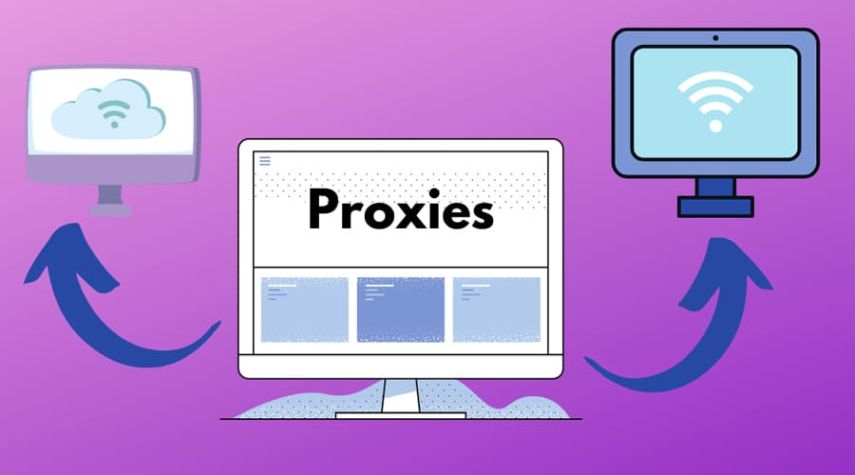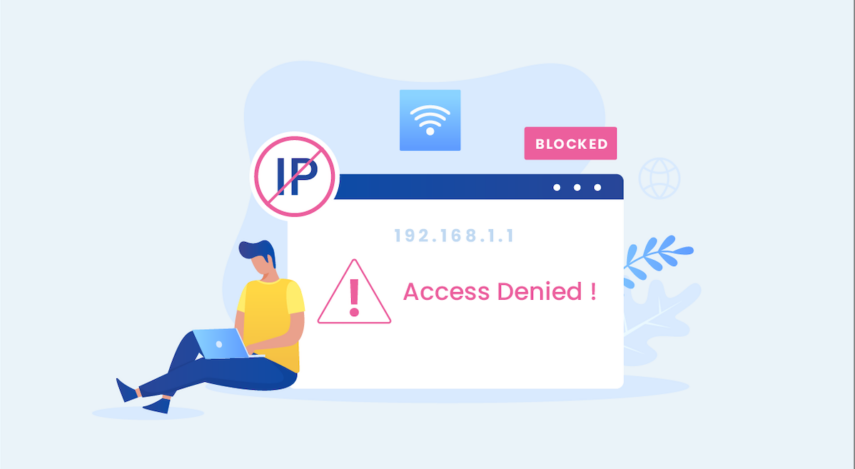The internet has become a fundamental part of life. Losing access to the internet is synonymous with losing some degree of freedom, literally. Seeing how intertwined our lives have evolved with the internet makes one worry more at the thought of big tech incessantly tracking everything.
With different technologies and tools at the disposal of big tech companies and website owners, the Internet is significantly less private. Every user activity is tracked to serve targeted ads. Similarly, different personalization measures are deployed to optimize the experience that keeps users glued to their devices. The nightmare is unending, and service and software providers are reluctant to do anything about it because their business models revolve around what they know about users.’
Owing to these web complexities, businesses and individuals are affected by the resulting harsh realities. So, this article will analyze web personalization realities, how they pose challenges to businesses, and how a solution can solve difficulties on both sides of the spectrum.
The Realities of Web Personalization on Today’s Internet

The internet has become so large, and the experience has become more diverse. For instance, website owners and other online platforms leverage varying personalization techniques to personalize user experience. This need to hold onto users’ attention has given rise to varying concepts, and here are some of them.
IP Fingerprinting
Every device that can access the internet has an identifier known as the IP address. Unfortunately, this identifier can be used to profile the device user. This is related to the concept of IP fingerprinting, where information related to the IP address is collected and analyzed to create a virtual profile of the human user.
Some data points collected from IP addresses are location details, device specs, and browsing habits. With these data points, platform owners have detailed insight into how a user behaves online, which they can use to direct advertisements to the user.
Location Tracking

IP addresses are also tied to physical location details. Consequently, concepts like content localization, service personalization, and recommendations can be pulled off. With the GPS data registered by mobile devices, it’s easy to know where the user is geographically located. Now, if you’re particular about the privacy of your location and activity, then you need to be concerned about this. With this data being accessible on the internet, there’s bound to be the misuse of personal data by shady actors.
Behavior Tracking
Modern websites feature markers and trackers that monitor users’ activities. For instance, any website with a Facebook plugin can have the users tracked by Facebook. By monitoring users’ activity over time, patterns can be drawn, culminating in depicting the user’s online behavior.
The consequence of this behavior tracking includes serving ads on recommended products, content personalization, and more. Of course, behavior tracking can also be used to improve the web experience for users, so it’s not all bad. But, the privacy concerns can’t be overemphasized.
Challenges Businesses Face Regarding Access

Businesses can also suffer from some internet realities. This section details some drawbacks impacting the performance of companies online.
Geo-Restrictions
Most businesses of the 21st century have a web presence. Hence, there’s a large bank of data available. Furthermore, you need access to accurate data to run a successful business. But since the largest data source is online, it’s frustrating for companies to face geo-restriction.
For instance, if your company needs information and insight into how your competitors are performing or what they are doing online, you may run into a roadblock with geo-restriction. This is because the website owners are setting measures to prevent their public data from being scraped. You probably do the same if you have restrictions for users in specific locations not to access your content.
Data Integrity
Modern businesses can only survive and scale with insight (data). And since the business landscape isn’t so forgiving of errors, updating accurate data is critical to decision-making. Unfortunately, the unending web personalization measures inadvertently birth skewed data since content and experience are now based on preferences, browsing history, and location.
What Are Proxies?

Proxies are servers designed to interface between a user’s browser and the rest of the internet. When a proxy is installed on your network when browsing, your internet request first goes through the proxy server. In the proxy server, your original IP address is shrouded in another IP address before the request is forwarded to the destination website. Replies from the destination server also go through the proxy server before reaching your device.
This routing process has some advantages, which include providing anonymity, acting as a firewall, and enhancing performance. Overall, proxies make internet activities better for both individuals and businesses.
If you want to know how to get more business opportunities with proxies click here.
How Proxies Make Internet Activities Better for Individuals and Businesses
As you can see on the Oxylabs.io, Proxies like Proxy Mexico offer several benefits that empower individuals and businesses to navigate the internet effectively. Here are some you should note:
Anonymity and Privacy

The functionality of proxies makes them essential for internet infrastructures that value anonymity. In a world where everyone’s watching, you need to ensure your privacy as much as possible, and proxies help with that.
Geographical Flexibility
As a business or individual, there are several times you need to get data from other locations. Being able to route your traffic through those locations can help you access geo-restricted content. This can lead to improved market intelligence and local audience targeting for businesses.
Overcoming IP Blocks

Proxies can help individuals and businesses skirt IP blocks imposed by websites. By rotating IP addresses or using multiple proxies, businesses can avoid detection and continue accessing websites without interruptions. This is a good advantage for companies using web scraping, price monitoring, competitor analysis, and market research.
Enhanced Security
When using proxies, there’s an added level of security buffering the connection between users’ devices and the internet. Owing to this, they help filter malicious content, block suspicious requests, and protect devices from being susceptible to internet threats.
Conclusion

Web personalization offers some benefits, but the downsides that come with it are scary. Hence, businesses and individuals must invest a little extra in making browsing safer and more efficient for themselves. Proxies like Proxy Mexico can help you stay ahead of the curve.







